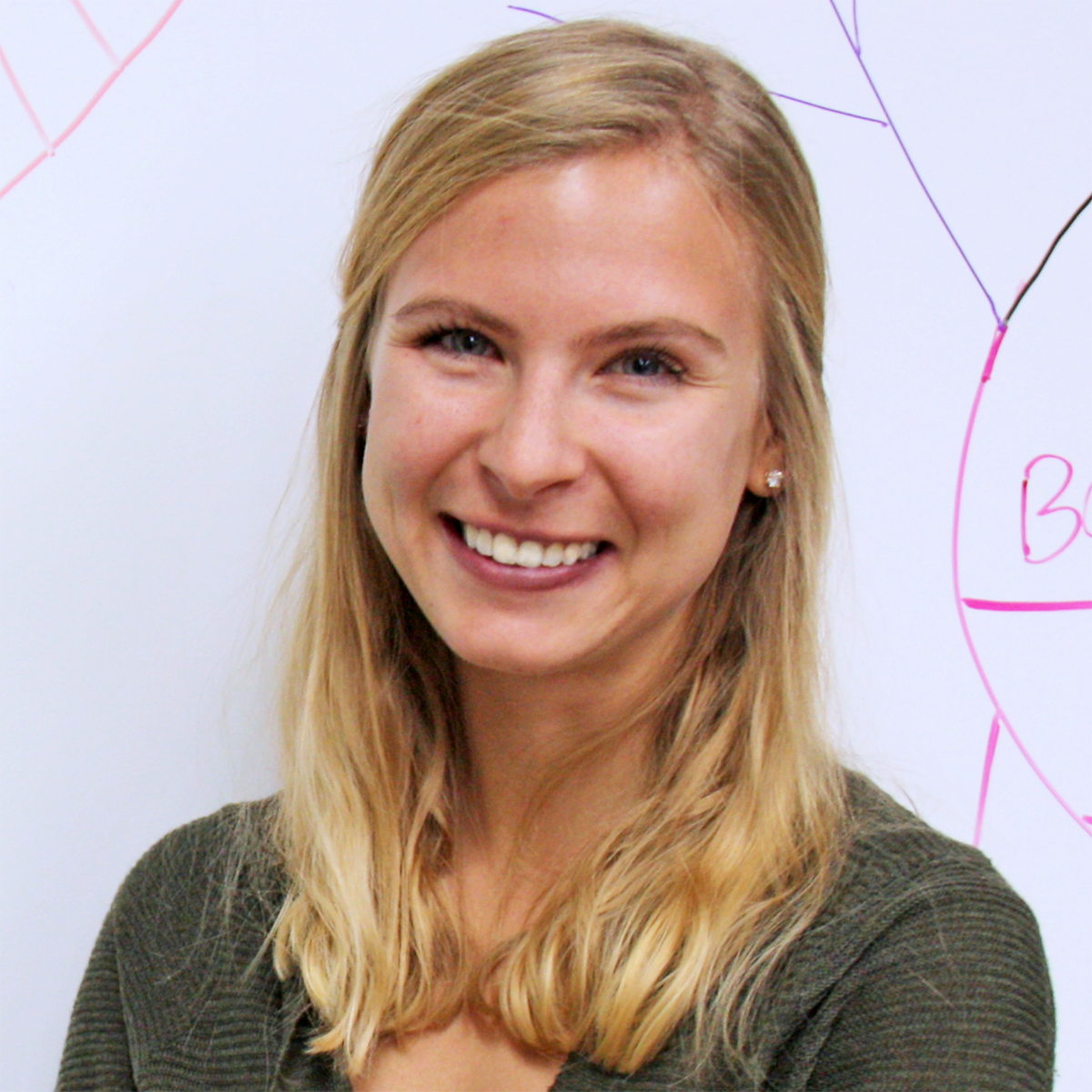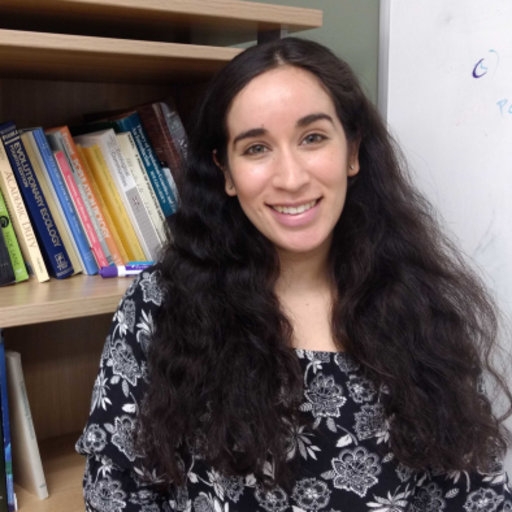IGC Fellow Alaina Weinheimer and Carolina Martinez Guitierrez receive Simons Postdoctoral Fellowships in Marine Microbial Ecology
September 19, 2022

September 19, 2022
This summer, IGC Fellow Alaina Weinheimer and Carolina Martinez Guitierrez, both working in the lab of GCC affiliated faculty Frank Aylward, were awarded a Simons Postdoctoral Fellowship in Marine Microbial Ecology to support their postdoctoral research for three years in their choice sponsored institution. The purpose of these prestigious awards, of which there are only eight competitively awarded nationally each year, is to help launch the careers of outstanding investigators who will advance our understanding of marine microbial ecology and evolution through experiments, modeling or theory.
Congratulations, Alaina, Carolina & the Aylward Lab!!

Alaina will begin working at the Bigelow Laboratory for Ocean Sciences in East Boothbay, Maine starting in February of 2023 under Dr. Ramunas Stepanauskas to examine how bacteria fight viruses in the ocean. While a variety of viruses infect humans, bacteria are also threatened by infection with viruses, particularly in the ocean where they are outnumbered by viruses. This continuous exposure to viruses creates an arms race in which the bacteria evolve defense strategies to avoid infection, while their viruses evolve counter defenses. We are only beginning to unfold the variety of defense systems in bacteria, and Alaina's work will begin to catalog this diversity in the ocean to unravel potential fitness tradeoffs of different strategies. Although she will focus on marine bacteria, this work will broadly inform the development of phage therapy, in which viruses are used to kill harmful bacteria that infect humans and other organisms. Phage therapy is a rapidly growing alternative treatment to antibiotics, as bacteria that have evolved to resist antibiotics spread and cause millions of deaths globally. Bacteria can also evolve to resist viruses, however, and her important work aims to understand how these defense mechanisms emerge and their effectiveness in nature.

Carolina is a marine biologist deeply interested in the evolution of marine microorganisms that play key roles in the biochemistry of the ocean. These microorganisms are known for mobilizing organic and inorganic nutrients across marine environments, therefore their study is essential for our understanding of ocean’s functioning. Throughout her Ph.D., Carolina studied the evolutionary forces and processes that led to the diversification of some of the most relevant and abundant marine microbial clades. The evolution of microorganisms is hard to study because they lack a biologically meaningful concept of species, the basic units of evolution. For this reason, she will be joining the lab of Louis-Marie Bobay in the Department of Biological Sciences at University North Carolina Greensboro as a postdoc. Her research will consist in defining species in abundant marine bacteria and archaea using barriers of homologous recombination as species boundaries. Carolina is also interested in understanding the potential sources of species limits in the ocean. Her goal during her postdoc research is to delineate microbial species that allow us to have a better understanding of the evolution of key marine bacteria and archaea.






